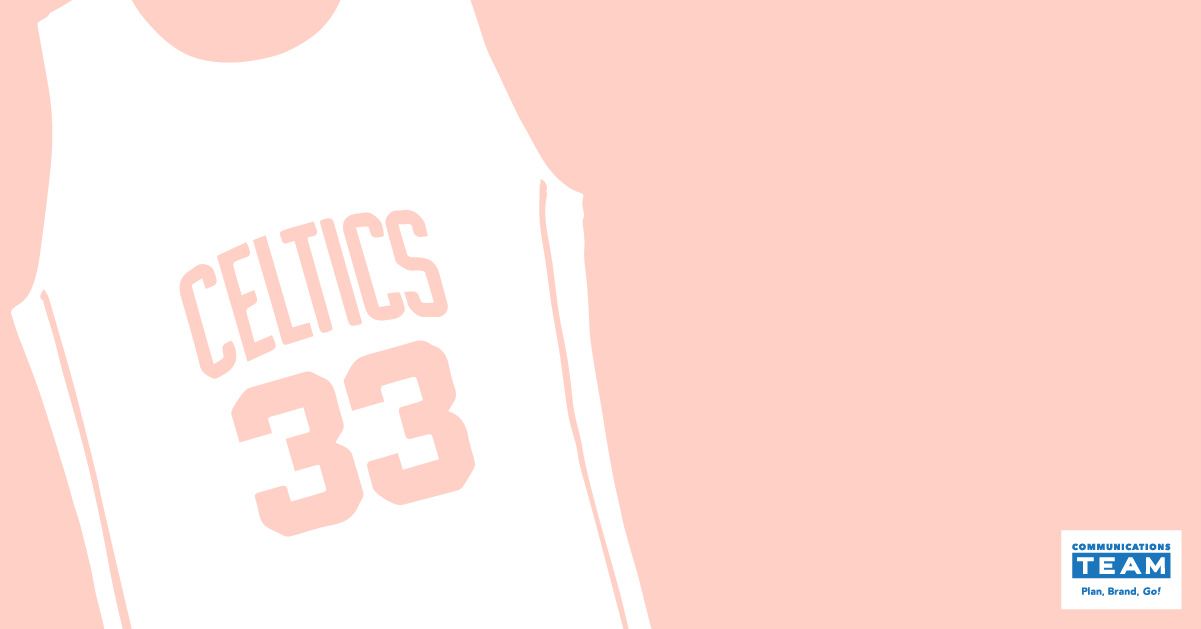The story, perhaps apocryphal, goes something like this. At the height of his fame in the early 1990s, Michael Jordan’s mother was exhorting her son to endorse the Democrats’ African-American nominee for North Carolina’s U.S. Senate seat, held, at the time, by the polarizing Republican, Jesse Helms.
Jordan declined, explaining that “Republicans buy shoes too.”
Michael Jordan may be the most ambiguous brand in the history of sports marketing. On the one hand, he has no peers; his collaboration with Nike put the sports apparel juggernaut on the map, and even to this day, a generation after his playing heydays, his Air Jordan brand shoes are a hot ticket.
On the other hand, however, what brand other than Nike is Jordan as strongly identified with as, say, Peyton Manning’s Mastercard commercials (“Cut that meat!”)? What commercial is as memorable or as knee-slapping funny as LeBron James’ early Nike commercials (“And stop looking at my lemonade!”)?
For his singular greatness as an athlete, Jordan was a bit of a blank slate as a brand, representing a study in myth-making. As he perhaps demonstrated in his apolitical response to his mother’s plea, Jordan’s narrative was simply that of a fantastic basketball player on-the-court, but a bit bland, humorless, or even stiff off-the-court. Consumers haven’t connected to the Jordan brand the way they have LeBron, or Manning, or even Shaquille O’Neale, whose outsized personality keeps him on the A-list of retired athletes hawking goods and services.
Jordan’s unquestioned excellence as an athlete counts for a lot in brand marketing, but so does personality. Or as Mad Men’s Don Draper said: “You, feeling something, that’s what sells.”









Leave A Comment